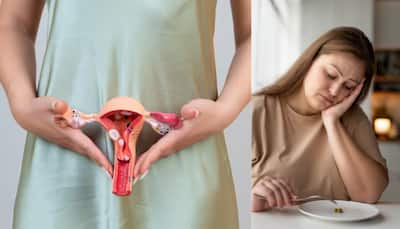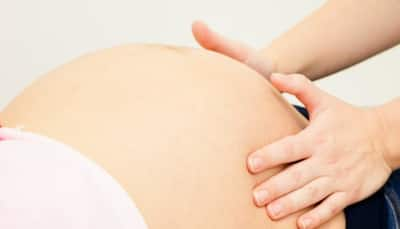Endometriosis is often viewed as a condition confined to physical pain and reproductive issues, but its emotional and psychological impacts run far deeper. One lesser-known yet critical connection is between endometriosis and eating disorders—two complex conditions that intertwine through struggles with body image, pain, and control. Understanding this relationship is key to offering more compassionate and holistic care for those affected.
Eating disorders are serious psychiatric illnesses marked by abnormal eating behaviors and a distorted relationship with food and body image. They go far beyond occasional dieting or overeating. The most common forms include anorexia nervosa (severe food restriction), bulimia nervosa (binge eating followed by purging), and binge-eating disorder (excessive food intake without compensatory behaviors).
Dr Smeet Patel, Endometriosis Specialist at Mayflower Women’s Hospital, Ahmedabad, explains, “These illnesses often result from a combination of genetic, psychological, and environmental factors, with mental health playing a central role. Stress, anxiety, depression, low self-esteem, and societal pressures to achieve a specific body ideal are major contributors.” Constant exposure to unhealthy beauty standards, combined with personal traumas, can push individuals toward disordered eating patterns. Early detection and compassionate professional intervention are crucial for recovery.
The Connection Between Endometriosis and Eating Disorders
Dr Smeet explains that endometriosis, a chronic disorder where tissue similar to the uterine lining grows outside the uterus, affects one in ten women of reproductive age. While it’s primarily associated with severe pelvic pain, heavy periods, and infertility, a lesser-discussed but critical link exists between endometriosis and eating disorders.
Years of misdiagnosis, chronic pain, and a conflicted relationship with one’s body can foster feelings of helplessness and loss of control—two psychological triggers known to contribute to eating disorders. In such situations, controlling food intake can become a survival mechanism amid the unpredictability of chronic illness.
Moreover, endometriosis frequently impacts the gastrointestinal system, leading to bloating, nausea, and food intolerances. Dr Smeet notes that these issues often cause individuals to eliminate certain foods to manage discomfort. However, what starts as symptom management can easily evolve into rigid, unhealthy eating patterns—and eventually, full-blown eating disorders.
The Role of Mental Health in Endometriosis
The emotional toll of living with endometriosis is profound. “Women often battle anxiety, depression, and emotional exhaustion—not just due to physical pain, but also infertility struggles, body image concerns, and the frustration of living with an underrecognized disease,” Dr Smeet explains.
These psychological challenges can either trigger disordered eating habits or worsen existing ones.
Recognizing this mind-body connection is critical not only for patients but also for caregivers and healthcare providers. True healing requires addressing both the physical and emotional aspects of the disease.
Healing Starts with Awareness and Proper Support
Effective management of eating disorders in endometriosis involves a holistic approach—one that extends beyond gynecological care to include mental health support, psychiatric counseling, and nutritional guidance. Working with professionals who understand the unique challenges faced by endometriosis patients can make a world of difference.
Being aware of your emotional triggers and eating patterns is an important first step. If you’re struggling, seeking professional help is vital. Whether it’s developing healthier coping strategies, addressing underlying trauma, or simply having someone listen—support matters.
Since research on the intersection of endometriosis and eating disorders is still emerging, there is an urgent need to spread awareness and encourage more multidisciplinary care. Consulting an empathetic endometriosis specialist can help you access the right resources to nurture both your physical and mental well-being.
Because ultimately, healing isn’t just about managing pain—it’s about reclaiming a healthier, more compassionate relationship with your body, your food, and yourself.
Stay informed on all the , real-time updates, and follow all the important headlines in and on Zee News.











